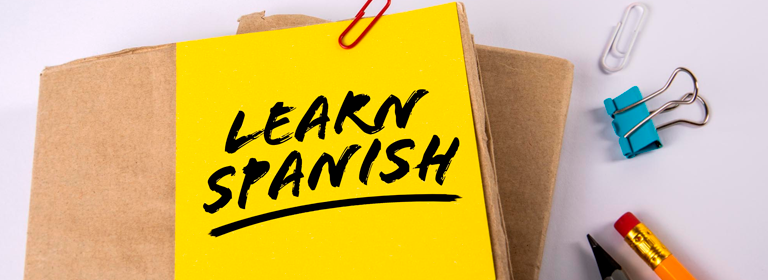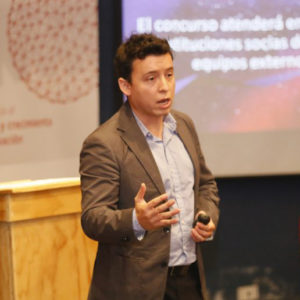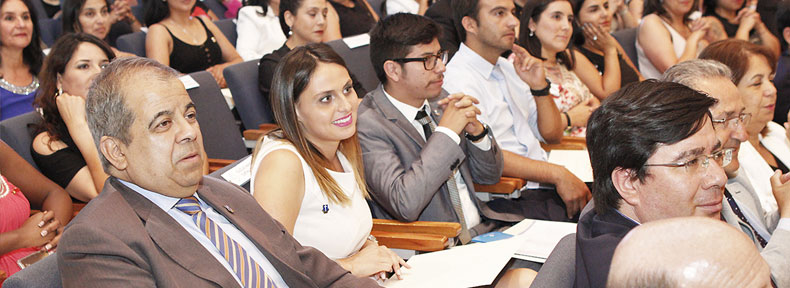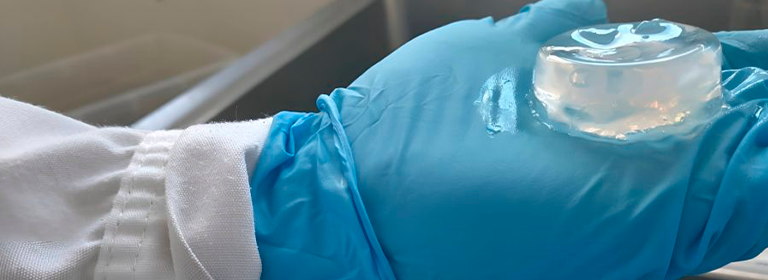Lawyer Sebastián Alvarado explained the challenges presented by AI in terms of the “ownership” of the creator, on the ephemeris that highlights rights such as patents, trademarks and industrial designs and their contribution to human progress.
The challenges posed by artificial intelligence for the legal protection of human creations, addressed a talk given by the Universidad Católica del Maule (UCM), on World Intellectual Property Day.
The day, organized by the institution’s Directorate of Innovation, Development and Technology Transfer, raised the main challenges generated by the use of AI systems and the outsourcing of human decisions.
“Today we have generative artificial intelligence, which is creating content, such as audiovisual and musical materials, where there is no human intervention beyond the prompt, i.e., delivering instructions. This result ends up being a code, which can be repeated as many times as the instruction is given”, said the speaker Sebastián Alvarado.
The also partner of the law firm “Silva Abogados” acknowledged that – notwithstanding the above – ownership becomes less diffuse, to the extent that a person has more control over the work and enters detailed and extensive prompts.
“If the human being not only transmits the instructions, but also edits, selects and modifies, we are getting closer to a human creation. In any case, the moral challenge persists, since we can still generate a video where, for example, deceased artists appear singing, moving and dancing, with a new song totally generated by artificial intelligence. This poses a moral ethical dilemma that must be reflected upon”, he pointed out.
This year, the World Intellectual Property Organization (WIPO) chose music as the central theme of the celebration, recognizing the contribution of inventors and artists in the evolution of the musical arts.
“Music is a creation, a work just like a book, which is composed of lyrics and musical notes, and all of that must be protected to avoid plagiarism. We as a unit believe that we must address these issues and highlight researchers who obtain IP rights,” said the director of Innovation, Development and Technology Transfer of the campus, Fabiola Loyola.
Acknowledgements
As part of the activity, UCM distinguished the academic Rodrigo Andler, who received last year an invention patent for a hydrolyzate that comes from fruit residues, mainly apple.
“From this, sugars are obtained that are food for microorganisms that generate products of commercial interest, such as bioplastics. The patent is very necessary in this case, because this type of waste is available in many countries and, therefore, there is competitiveness and potential access to the technology, where protection is fundamental”, explained the doctor in Biotechnology.













